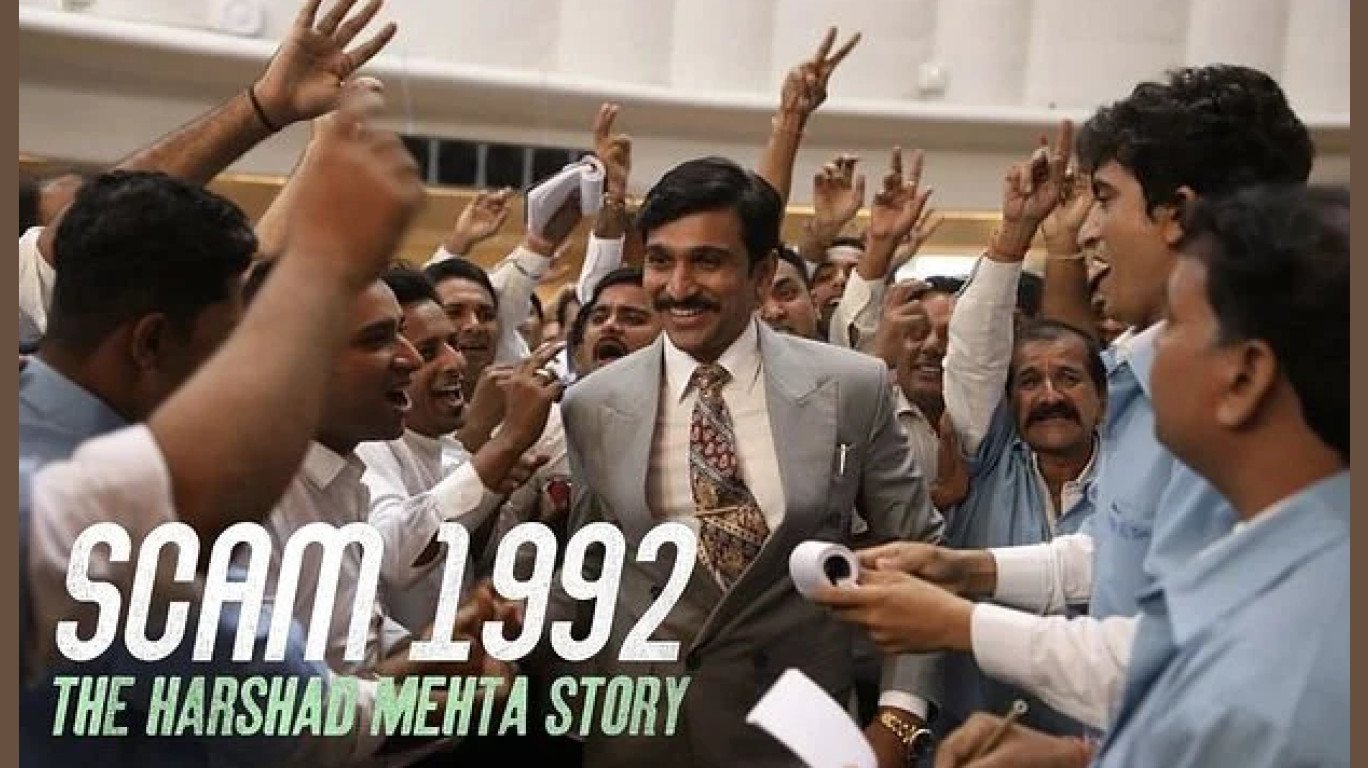Bombay High Court Grants Dynamic Injunction in Copyright Infringement Suit Against Instagram Account Holders
The Bombay High Court through Manish Pitale J. has granted a dynamic injunction against 32 Instagram account holders and unknown parties, commonly referred to as John Doe defendants, in a copyright infringement suit filed by the producers of the iconic web series, Scam 1992: The Harshad Mehta Story.
The court has ordered the defendants to take down all infringing content from their Instagram accounts and to refrain from uploading any such content in the future.
The case arose after the producers of Scam 1992: The Harshad Mehta Story, Applause Entertainment Private Limited, filed a complaint with the court alleging that the defendants had been illegally uploading clips and screenshots from the series to their Instagram accounts. The defendants were using the infringing content to promote their own businesses, such as financial advisory services and stock trading courses.
In its ruling, the court held that the defendants had infringed the copyright of Applause Entertainment by uploading the infringing content to their Instagram accounts. The court also found that the defendants had acted with deliberate indifference to the rights of Applause, as they had been warned by the company to stop uploading the infringing content.
The court's decision is a significant victory for the producers and for the protection of intellectual property rights in India. The ruling sends a clear message that copyright holders will be protected against those who illegally use their content for commercial gain.
The dynamic injunction granted by the court is also significant, as it allows Applause Entertainment to take down infringing content as soon as it is uploaded to Instagram. This will make it more difficult for infringers to profit from the unauthorized use of the content.
The court's decision is a welcome development for the creative industries in India. It will help to ensure that creators are able to benefit from their work and that the public is able to enjoy it without fear of copyright infringement.
Implications of the ruling
The ruling of the Bombay High Court has several implications for intellectual property rights in India. First, it confirms that copyright holders have the right to take action against those who illegally use their content for commercial gain. Second, it shows that the courts are willing to grant dynamic injunctions in copyright infringement cases. This means that copyright holders can take down infringing content as soon as it is uploaded, making it more difficult for infringers to profit from their illegal activities.
The ruling is also a significant development for the social media industry in India. It sends a clear message that social media platforms cannot be used to facilitate copyright infringement. Social media platforms will need to take steps to prevent infringing content from being uploaded to their platforms, or they could face legal action from copyright holders.
The ruling of the Bombay High Court is a positive development for the protection of intellectual property rights in India. It sends a clear message that copyright holders will be protected against those who illegally use their content for commercial gain.


